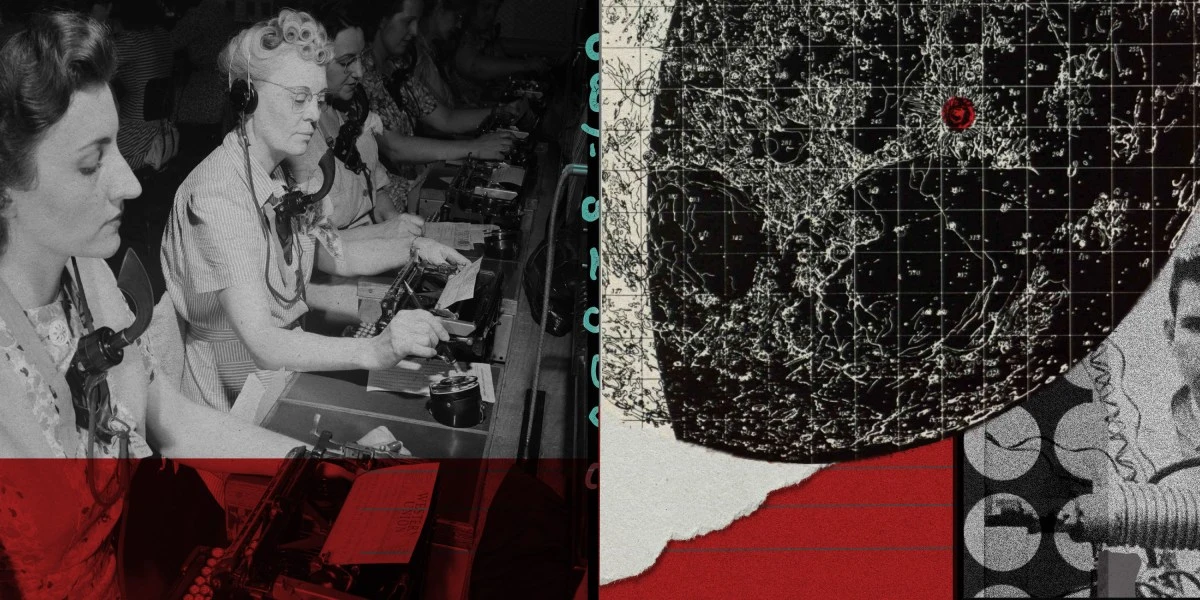People are worried that AI will take everyone’s jobs. We’ve been here before.
People are worried that AI will take everyone’s jobs. We’ve been here before.

In a 1938 article, MIT’s president argued that technical progress didn’t mean fewer jobs. He’s still right.

In a 1938 article, MIT’s president argued that technical progress didn’t mean fewer jobs. He’s still right.
Compton drew a sharp distinction between the consequences of technological progress on “industry as a whole” and the effects, often painful, on individuals.
For “industry as a whole,” he concluded, “technological unemployment is a myth.” That’s because, he argued, technology "has created so many new industries” and has expanded the market for many items by “lowering the cost of production to make a price within reach of large masses of purchasers.” In short, technological advances had created more jobs overall. The argument—and the question of whether it is still true—remains pertinent in the age of AI.
Then Compton abruptly switched perspectives, acknowledging that for some workers and communities, “technological unemployment may be a very serious social problem, as in a town whose mill has had to shut down, or in a craft which has been superseded by a new art.”
